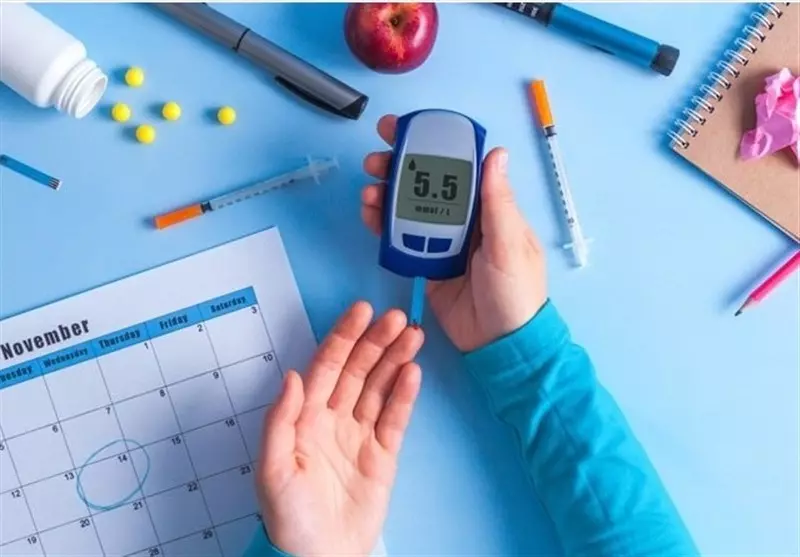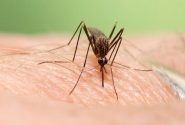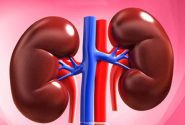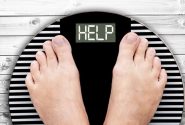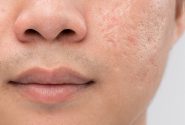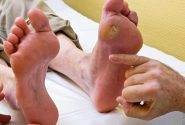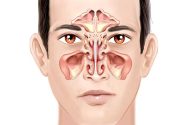به گزارش پایگاه خبری تحلیلی تسریر، به نقل از هلث دی نیوز، آیا معمولاً هر شب فقط چند ساعت می خوابید؟
محققان سوئدی دریافتند در مقایسه با افرادی که هفت یا هشت ساعت در شب میخوابند، افرادی که به طور معمول پنج ساعت در شب میخوابیدند، ۱۶ درصد بیشتر در معرض خطر ابتلا به بیماری قند خون قرار داشتند.
کسانی که فقط سه تا چهار ساعت میخوابیدند، ۴۱ درصد بیشتر با خطر ابتلاء به دیابت مواجه بودند. حتی اگر افراد کمخواب رژیم غذایی سالمی داشته باشند، باز هم خطر ابتلا به دیابت را به همان میزان افزایش میدهند.
کریستین بندیکت (Christian Benedict)، محقق خواب در بخش علوم زیستی دارویی در دانشگاه اوپسالا، سرپرست تیم تحقیق، میگوید: «نتایج ما برای اولین بار این سوال را مطرح میکند که آیا یک رژیم غذایی سالم میتواند کمبود خواب را از نظر خطر ابتلا به دیابت نوع ۲ جبران کند یا خیر».
بندیکت در یک نشریه خبری دانشگاه گفت که نیازی نیست افراد کمخواب از ارتباط با دیابت وحشت کنند، اما این یافتهها باید “به عنوان یادآوری این نکته تلقی شود که خواب نقش مهمی در سلامتی دارد.”
مطالعه جدید بر اساس دادههای مربوط به سلامت و سبک زندگی جمعآوری شده از تقریباً ۲۴۸۰۰۰ نفر بریتانیایی به عنوان بخشی از پایگاه داده بیوبانک بریتانیا انجام شد.
تیم بندیکت با پیگیری شرکتکنندگان برای بیش از یک دهه، تفاوت کمی در خطر دیابت برای افرادی که شش ساعت در شب میخوابیدند (در مقابل هفت یا هشت ساعت) مشاهده کردند. با این حال، آسیبپذیریها برای افرادی که کمتر از شش ساعت میخوابیدند ظاهر شد.
این یافته ها در ۵ مارس در مجله JAMA Network Open منتشر شد.
Are you typically getting only a few hours sleep each night?
Besides leaving you groggy all day, your insomnia could also be raising your odds for type 2 diabetes, new research shows.
Compared to people who slept the recommended seven/eight hours per night, folks who habitually slept five hours per night had a 16% higher odds for the blood sugar illness, Swedish researchers found.
Those who got only three to four hours of shuteye faced a 41% higher risk.
Even if short sleepers ate a healthy diet, they still showed the same rise in risk for diabetes.
“Our results are the first to question whether a healthy diet can compensate for lack of sleep in terms of the risk of type 2 diabetes,” said study lead author Christian Benedict, a sleep researcher at the department of pharmaceutical biosciences at Uppsala University.
Benedict said in a university news release that there’s no need for short sleepers to panic over the link to diabetes, but the findings should “be seen as a reminder that sleep plays an important role in health.”
The new study was based on health and lifestyle data collected from almost 248,000 Britons as part of the UK Biobank database.
Tracking participants for over a decade, Benedict’s group found little difference in diabetes risk for people who got six hours of sleep per night (versus seven or eight).
However, vulnerabilities began to appear for people who slept less than six hours.
The findings were published March 5 in the journal JAMA Network Open.
تسریر مراقب سلامتی شماست!

